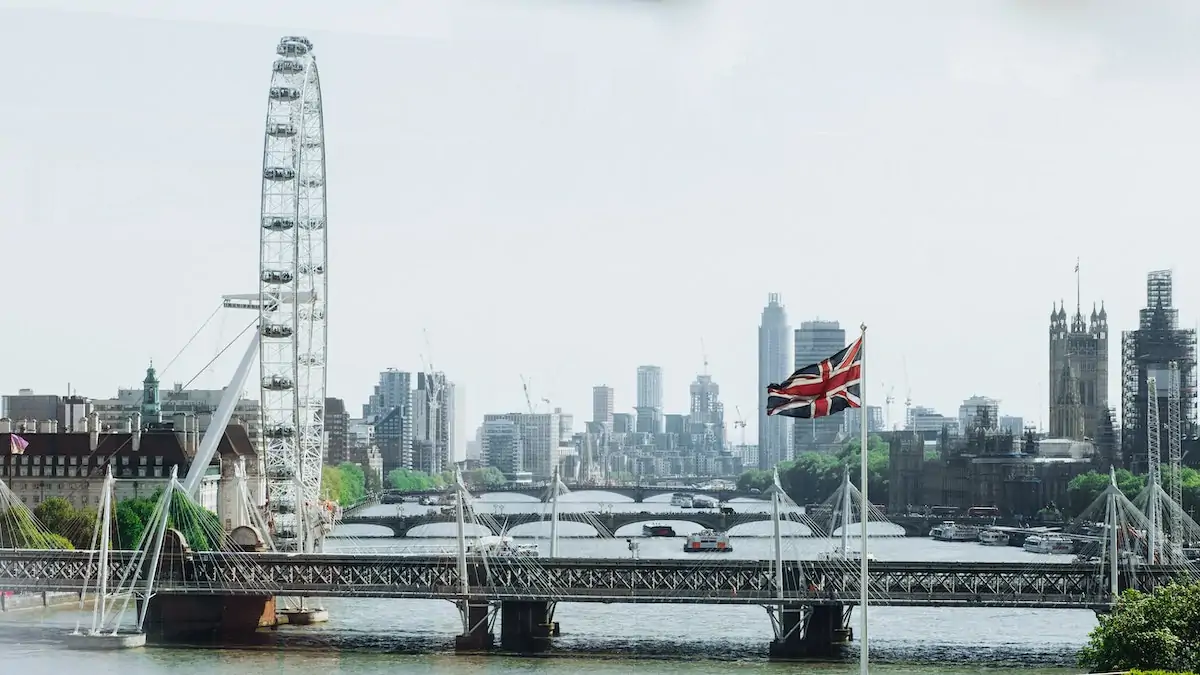
Business After Brexit – How VAT Will Change
14 Jan 2020With Brexit finally confirmed, the New Year will bring significant changes to VAT rules for your business if you import or export from the EU. The new rules apply from 1st January.
To help you prepare, we’ve summarised the main changes in this article, but our team will be available to give you further advice, guidance and support if you need it.
Brexit VAT
VAT on Imported goods
VAT continues to be payable on goods you import from EU countries, as well as non-EU territories. However, instead of paying the VAT when the goods arrive in the UK, you will be able to take advantage of ‘postponed accounting’.
This means that, if you are a VAT–registered business, you will be able to account for the import VAT on your normal VAT return.
There is a special rule on VAT for imported goods under a value of £135. The VAT will be collected at the point of sale, not the point of import. You will have to account for that as UK supply VAT.
If you are not VAT-registered, you will receive a VAT invoice from your EU supplier.
Although the VAT rules on imports change, you will still have to pay any customs duties that apply at the time of import.
More detailed information on these changes is available from HMRC:
Read More: Changes to VAT treatment of overseas goods sold to customers from 1 January 2021
Read More: Check when you can account for import VAT on your VAT Return
Read More: Complete your VAT Return to account for import VAT
VAT on exported goods
If you are a VAT-registered business, you can continue to zero rate any sales of goods to EU countries. Your customers in the EU will have to pay any import VAT and customs duties when the goods arrive in their country.
You won’t now have to complete an EC Sales List, but you must retain evidence to prove that zero-rated goods have left the UK.
VAT on exported services
There are no changes to VAT rules if you supply services to EU countries. VAT continues to be covered by the place of supply rules.
A guide on VAT for exported services is available from HMRC.
VAT on exported digital services
If you sell digital services to consumers in EU countries, the services are liable to VAT in the consumer’s country. These services are also known as BTE services – broadcasting, telecommunications and electronic services.
You will have to charge VAT at the rate that applies in the consumer’s country and declare it to the local tax authorities. Before Brexit, there was a VAT threshold of £8818 for sales to EU countries; this threshold no longer applies.
You may be able to take advantage of the MOSS scheme to simplify VAT administration for your digital services exports. MOSS (VAT Mini One Stop Shop) is an online service that allows you to report or pay VAT on sales of digital services to EU consumers through a single return and payment.
However, from 1st January, you will not be able to use the UK MOSS scheme. Instead you have to register for the scheme in one of the EU member states. To use this service, you must register within ten days following the month of a sale to an EU consumer.
Simplifying VAT and tax administration
These changes can add extra work for your business and cause a certain amount of disruption. There are a number of ways you can simplify administration and improve cash flow.
Make sure you have your EORI number
If you’re exporting goods to EU countries you will need an EORI (Economic Operator Registration and Identification) number. If you don’t have one, you could face delays and your costs could increase. You can apply for your EORI on the government website.
Postpone VAT accounting
As we mentioned earlier, you can choose to account for import VAT on your regular VAT return rather than pay at the time of entry to the UK. This can make a significant difference to your cash flow.
Apply for duty deferment
A Duty Deferment Account allows you to pay customs duty, excise duty and import VAT monthly by direct debit, rather than each time you import goods. This can simplify administration if you are a regular importer and improve cash flow.
Check the duties you have to pay
It’s important to check if you have to pay import duty on goods imported from the EU.
Check your commodity codes are correct
You must ensure that you are using the correct commodity code for your goods. If they are incorrect this could cause delays and you could face financial or criminal penalties. You can check that you have the correct commodity codes here.
Work with a freight forwarder
If you import or export goods regularly, you will be aware of the level of administration related to VAT, customs duties and customs declarations. Declarations won’t get any easier after Brexit and customs officials will be looking for correct details.
An experienced freight forwarder or customs agent can reduce the administrative burden by taking some of this work on for you and ensuring that you comply with all the appropriate regulations.
Read More: Understanding VAT on Delivery Charges in the UK
Our experienced accountants and tax advisors can help
There are many other longer-term changes that will impact UK business after Brexit, but the changes to VAT and tax are issues that you need to take into account immediately. Our experienced small business accountants have been preparing for the changes and we are available to provide any advice, guidance and accounting support you need. We are also able to help with a wide range of VAT returns services and advice.
If you would like to find out more about the VAT and tax changes or would like to arrange a discussion, please contact us on 0207 043 4000. You can also get a quick, online quote.






















